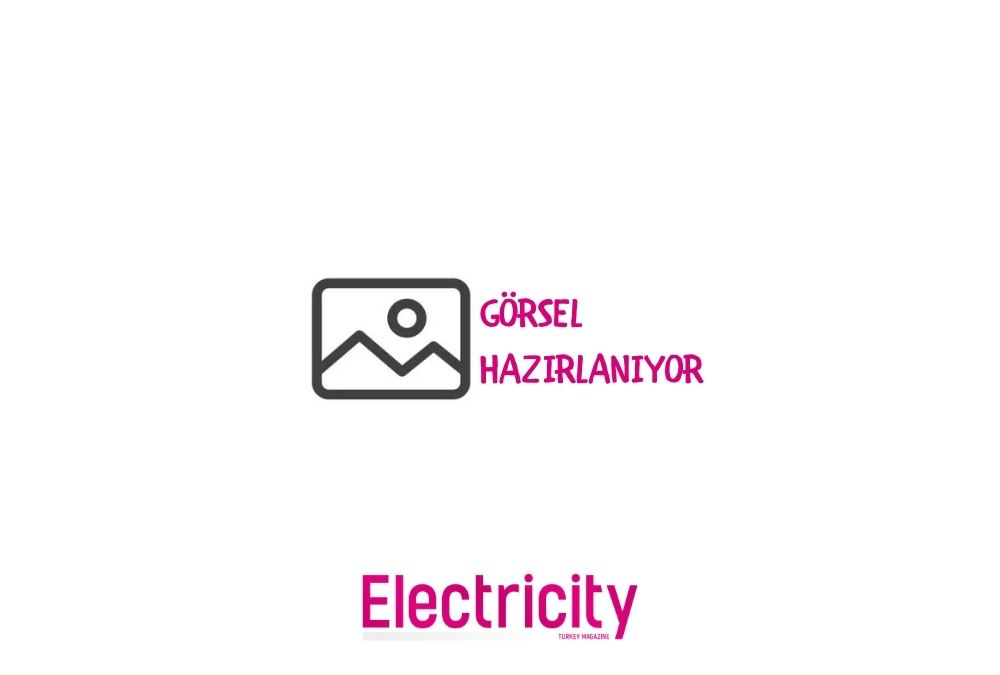
Electricity prices, which are directly linked to investment, production and employment, make the industrialist think darkly. Producers who need a predictable and competitive cost structure for efficient and sustainable production are worried about rising electricity prices. They are worried that these costs, which weaken their hand in international competition, will reflect negatively on both their production and investments, as well as on employment and therefore on the country's economy. PAGEV President Yavuz Eroğlu, stating that Turkey remains expensive than many countries in electricity unit price, pointed out that this situation constitutes a serious disadvantage in terms of investments.
 According to the data in the 2019 report of the International Energy Agency, it was seen that Turkey is among the countries with high electricity prices with the latest increases in the energy prices of the countries. Industrial enterprises in Turkey buy the unit price of electricity more than the United States, Norway, the Netherlands, Canada, Denmark, Greece, Estonia, South Korea, Czech Republic, Poland, Hungary, Slovenia, Mexico, Canada, Luxembourg, Finland, Sweden and Lithuania. The countries where electricity is more expensive than Turkey are Italy, Japan, Germany, England, Switzerland and France.
According to the data in the 2019 report of the International Energy Agency, it was seen that Turkey is among the countries with high electricity prices with the latest increases in the energy prices of the countries. Industrial enterprises in Turkey buy the unit price of electricity more than the United States, Norway, the Netherlands, Canada, Denmark, Greece, Estonia, South Korea, Czech Republic, Poland, Hungary, Slovenia, Mexico, Canada, Luxembourg, Finland, Sweden and Lithuania. The countries where electricity is more expensive than Turkey are Italy, Japan, Germany, England, Switzerland and France.
Eastern European countries attract investors...
On the other hand, Eastern European countries, which are trying to attract investors from Turkey and where the industrial facilities in our country are at risk of going to these countries, attract investors with the advantage in electricity prices.
Turkey is at a disadvantage in investment preferences
Yavuz Eroğlu, President of the Turkish Plastics Industrialists' Research, Development and Training Foundation (PAGEV), stated that increases exceeding 100 percent in electricity adversely affect production, investment and employment, and said, "Industrial energy prices are taken into consideration when making investment plans in sectors where energy is used intensively. Turkey, on the other hand, is gradually losing its attractiveness with its energy costs. In the current situation, on the one hand, a negative picture is created for foreign investors who will create employment, and on the other hand, some of the domestic producers are moving their factories to countries with more affordable production costs. This situation, which leads to national capital and brain drain, leads to a decrease in employment."
Yavuz Eroğlu stated that there is a direct relationship between electricity prices and investment and employment and gave the following figures: "In the "Effects of Electricity Prices on the Manufacturing Industry" report conducted by the University of Leuven in Belgium in 2018, an economic model was established between electricity prices and investments and employment. According to this model, a 1 percent decrease in electricity prices (provided that all other conditions remain the same) creates 0.30 percent extra jobs and 0.55 percent extra manufacturing investment. Considering that 5.4 million people are employed in the industry, a 10 percent increase in foreign currency terms means a 3 percent loss of employment and a 5.5 percent loss of investment."
PAGEV President Yavuz Eroğlu concluded his speech by underlining that while the negative effects of energy prices on production, employment and investments are obvious, the new prices to be announced by EMRA in January should not bring a new burden to the industry under difficult conditions.
 SİZİN DÜŞÜNCELERİNİZ?
SİZİN DÜŞÜNCELERİNİZ?